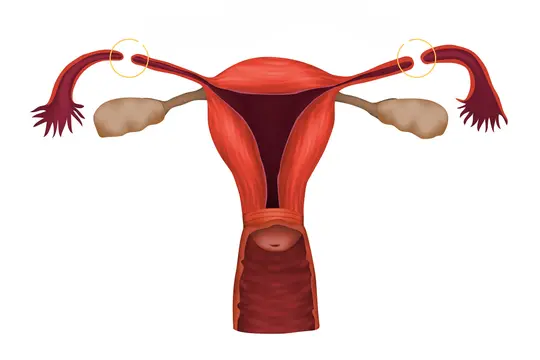A new study led by researchers at the University of California has revealed that tubal sterilization, commonly known as “getting your tubes tied,” may carry a higher risk of unplanned pregnancy than previously believed. The research found that between 3% and 5% of women who undergo this procedure experience unintended pregnancies, challenging the conventional understanding of this form of permanent birth control.
The study, which analyzed survey data from over 4,000 women who had tubal sterilization procedures, underscores the need for patients to be aware of more effective long-term alternatives, such as birth control implants or intrauterine devices (IUDs). Both methods, which can be implanted in the arm or uterus, are over 99% effective in preventing pregnancy.
“This study shows that tubal surgery cannot be considered the best way to prevent pregnancy,” said Dr. Eleanor Bimla Schwarz, the lead researcher and division chief of General Internal Medicine at Zuckerberg San Francisco General Hospital. “People using a contraceptive arm implant or an IUD are less likely to become pregnant than those who have their tubes tied.”
Tubal sterilization, which includes procedures like tubal ligation (blocking the fallopian tubes to prevent eggs from reaching the uterus) and salpingectomy (removal of the fallopian tubes), has long been regarded as a permanent solution to contraception. Approximately 600,000 women in the U.S. undergo these procedures annually, often advised that the risk of pregnancy is as low as 1% within the first year of surgery.
However, the new findings, based on survey responses collected between 2002 and 2015, suggest that the actual failure rate is significantly higher than this. Notably, women who had tubal sterilization between 2013 and 2015 reported a 3% rate of pregnancy within the first year—triple the commonly cited risk.
The study highlighted that younger women were particularly susceptible to pregnancy after sterilization, raising further questions about the reliability of the procedure for women seeking permanent contraception.
The researchers emphasized the importance of weighing other factors, such as cost, convenience, and the ability to start using contraception quickly, when selecting a birth control method. “For people who have chosen a ‘permanent’ method, learning they got pregnant can be very distressing. It turns out this is, unfortunately, a fairly common experience,” said Dr. Schwarz.
The study’s findings serve as a reminder that patients should be well-informed about their options. While tubal sterilization remains a popular choice, newer methods like arm implants and IUDs offer more reliable protection and may present better alternatives for those seeking long-term contraception.











